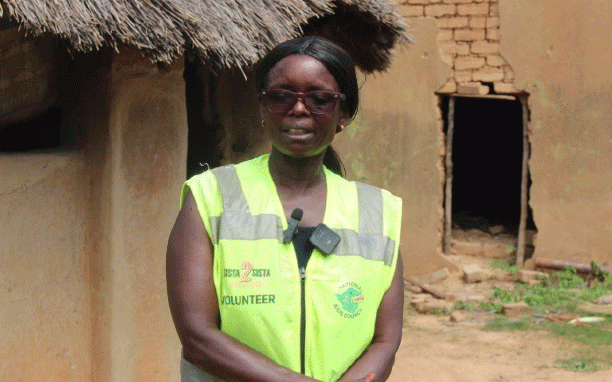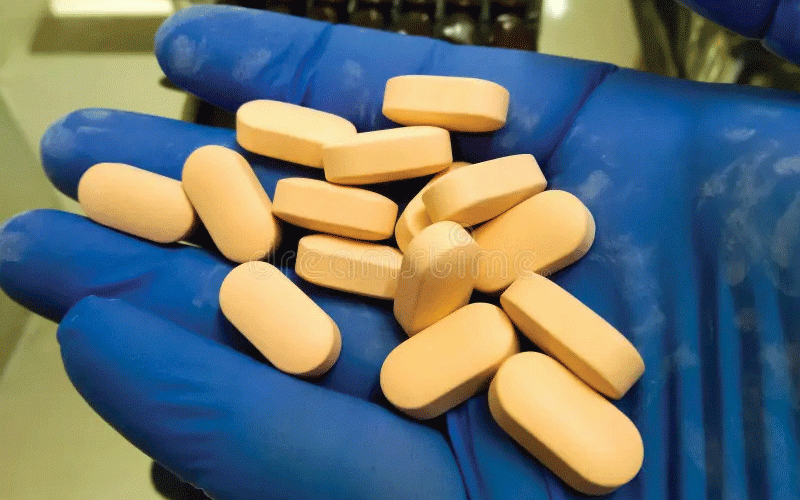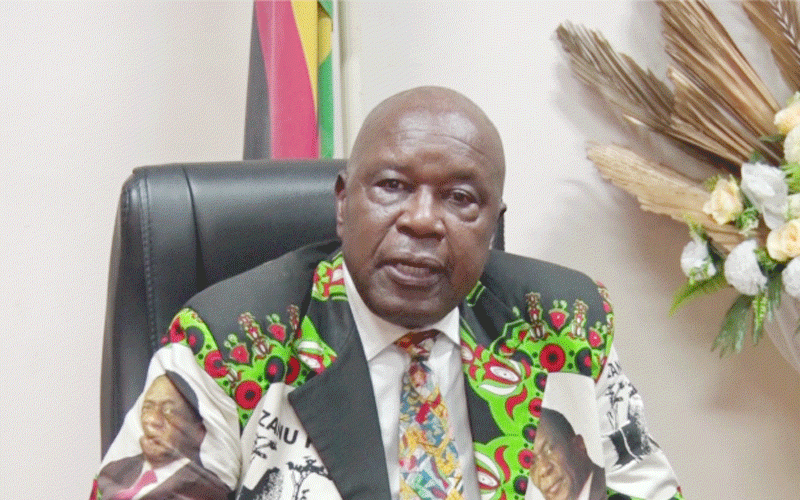
The tobacco marketing season brings challenges detrimental to the fight against HIV and Aids in tobacco farming communities.
Zimbabwe has over the past 10 years turned the tide over HIV and according to the World Health Organisation; Zimbabwe has successfully achieved the 95-95-95 UNAids Fast-Track targets for adults, underscoring the country’s ongoing commitment to tackling the HIV epidemic.
These targets mean that 95% of people living with HIV know their status, 95% of those diagnosed are receiving treatment and 95% of those on treatment have achieved viral load suppression.
The latest HIV estimates suggest a positive trend, with the prevalence of HIV among adults aged 15 to 49 years declining from 12,69% in 2019 to 10.49% in 2023.
However, the tobacco marketing season has not been good news for thousands of young girls in tobacco farming communities who often fall prey to elderly men.
It is the season that increases the vulnerability of young women and girls to HIV infection, according to villagers in Hurungwe, one of the tobacco farming communities in the country.
Charity Choruwa, a Hurungwe ward 24, Vhareta village, Chiroti, Sista2Sista mentor confirmed this sad development on the sidelines of National Aids Council (NAC) organised media tour of the area last week.
A Sista2Sista programme aims to enhance the self-efficacy of young women to access and utilise integrated HIV prevention, sexual and reproductive health and gender-based violence services by empowering them to make responsible reproductive health decisions.
- Tenant publicly taunts HIV-positive landlady
- Tobacco selling season triggers HIV crisis in Hurungwe
Keep Reading
“The challenge we are facing with our young women is that they are more interested in money than in safeguarding their health,” she said.
“This makes it difficult to keep tabs on their safety from contracting HIV.
“We also have problems with GBV cases during this season as couples fight over misuse of proceeds from sales which are usually spent on women (sex workers) by the husbands.”
Choruwa, however, said they were countering the challenges by empowering the young women and girls in her area through projects like floor polish making and dishwashing soap production among others.
“The turnout is encouraging and they present heightened interest in the programme,” she said.
“The programme is helping as we have also managed to empower them so that they don’t fall prey to older men for financial benefits.”
“Since we started, there is a change, especially in the community.
“We also go to schools to train the young girls so they know that they are not to be taken advantage of because of money and other material things.”
Hazvinei Matandirofa a Sista2Sista beneficiary said: “I am grateful for the programme as I was always involved in gender-based violence with my husband.”
“I have been empowered to focus on earning myself some money so as to aid in the home. This has reduced our fights with my husband.
“We have also been taught to keep ourselves safe from HIV and to maintain our negative status.
“It’s a pity some young mothers are easily lured by the love of money and end up doing things that threaten safekeeping of their HIV negative status.
“Indeed there are deadly diseases roaming around, we should fight to keep ourselves safe.”
Hurungwe district Aids coordinator Admire Takawira said as research has shown that adolescent girls and young women are six times more vulnerable as compared to their male counterparts; they introduced the Sista2Sista model so as to reduce their vulnerability, thereby reducing the burden of new HIV infections.
“Given that it’s a tobacco farming area where there is disposable income, and it’s those older men who go to these young women and sometimes lure them into having unprotected sex,” he said.
“These challenges are the ones that we seek to address so that we teach adolescent sexual reproductive health to those young women to protect themselves.
“We tested them, which is an entrance point into the programme so that they maintain their HIV status.
“Those who are positive, we refer them to support groups like the care and treatment support model where they can be catered for under the treatment and care, but for those who are negative, we want to keep their negative status.
“By testing them and teaching them the sessions, it helps them to protect themselves from getting infected with HIV and STIs or having unwanted pregnancies because we also refer them to family planning services,” he said.
He said the HIV incidence for the district is at 0,06% while prevalence is 0,09%.
Hurungwe district is one of the seven districts in Mashonaland West known for farming activities, especially tobacco farming.
It has 16 Sista2Sisa mentors under the model whose purpose is to reduce or eliminate new infections among adolescent girls, and young women.
It mainly focuses on young women between 15 and 24 years who are out of school and young women.









